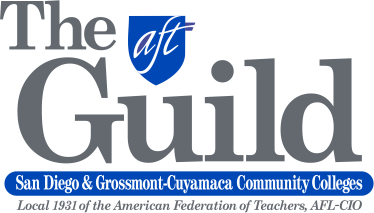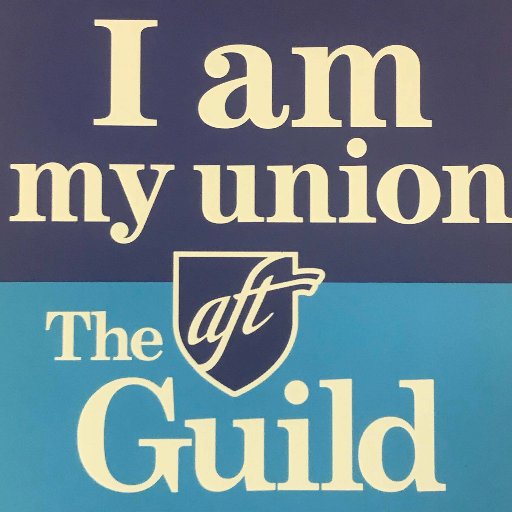There’s been a lot of talk in the national media and elsewhere recently about the new worker militancy. From #Striketober to #Strikesgiving to #Strikemas, many inside and outside the American labor movement have been celebrating the emergence of an ongoing wave of rebellion in the workplace. Everywhere from hospitals and factories to colleges, workers have been organizing, striking, and, in many cases, winning.
At present, Americans have a more favorable view of unions than they have had in decades, and more and more workers are questioning not just how they work and for how much pay, but also what the meaning of work is and whether their jobs should define their lives.
In economic terms, as Paul Krugman recently noted, American workers might have finally had enough with getting the short end of the stick in comparison to other wealthy countries where some jobs are still “grueling and poorly paid” but are “less awful” than in the United States. Krugman reminds us that in countries like Denmark even McDonald’s workers can be paid as much as $20 an hour and that the “the U.S. does stand out among wealthy countries for having a low minimum wage, for offering very little vacation time and for failing to offer parental and sick leave.”
This fall in San Diego, workers were on the verge of several large actions in the entertainment, healthcare, and education sectors. Laborers in the International Alliance of Theatrical Stage Employees (IATSE) came close to joining their fellow stagehands across the country in walking out, and strikes were barely averted at Kaiser and UCSD. IATSE, the healthcare workers, and lecturers won solid agreements.
When I spoke with City College Labor Studies student Kat Makarushka, a Performing Arts Technician II at SDSU’s School of Theatre, Television, and Film and a Journeyman at IATSE, Local 122, she explained that “the central issues that drove IATSE film locals to authorize a strike were a lack of safe working hours, unreasonable turnaround, extremely low wages for some disciplines like wardrobe, underfunded healthcare benefits, and no profit sharing” among other things.
Healthcare workers have been facing rough conditions, understaffing, burnout, and disrespect from management. Becky Buckingham, a registered nurse in the intensive care unit at Kaiser and a United Nurses Association of California/United Health Care Professionals (UNAC/UHCP) representative in San Diego, told me that “The reasons for the strike vote were a proposed two-tier wage system and patient safety concerns due to staffing.” Buckingham explained that “We really felt like we carried the company on our backs through [the pandemic] and we were happy to be able to ward off the two-tier.”
Former AFT 1931 Vice President Larissa Dorman, a field representative at UCSD for the University Council of the American Federation of Teachers (UC-AFT) put the lecturers’ struggle in a larger context noting that “American workers in general are also fighting against employers who do not value them. This was reflected in our campaign as well–highly educated academics being paid poverty wages.”
“As they watched Zoom bargaining sessions,” Dorman noted, “they saw how little the UC cared about their plight. This collective outrage over UC’s consistent disrespect and unwillingness to bargain in good faith activated many union members who could not comprehend that the very system that in many cases granted their PhD’s could behave so unprofessionally and brutally.”
Another San Diego worker, AFT 1931 intern and UNITE HERE, Local 30 member, Peter Villa, labored in both non-union and union jobs over the course of the pandemic and told me that, “Working frontline service jobs during the pandemic is a challenge. One day we were heroes and the next we were the punching bags for stressed, scared and angry customers or patrons. There’s something wrong with the way our system has failed our country’s workers.”
Unions, however, Villa explained, are a game-changer: “It’s a night and day difference working a job with no worker representation and a job where the workers are organized.” In the non-union jobs, there was arbitrary discipline, pay cuts, and termination of long-term workers, where in the union shop, those things were rare. “With the union,” he says, comes “strength, solidarity, pride, and a voice to know that we cannot be taken advantage of. We know we have the resources and tools to fight for justice. We have amazing benefits for our work and a feeling of empowerment rather than alienation.”
Perhaps, over the last few months, we have come to realize that we need to honor labor and workers’ rights to organize in unions for more than just economic reasons. Every one of us is worth much more than can ever be measured in economic terms.






0 Comments